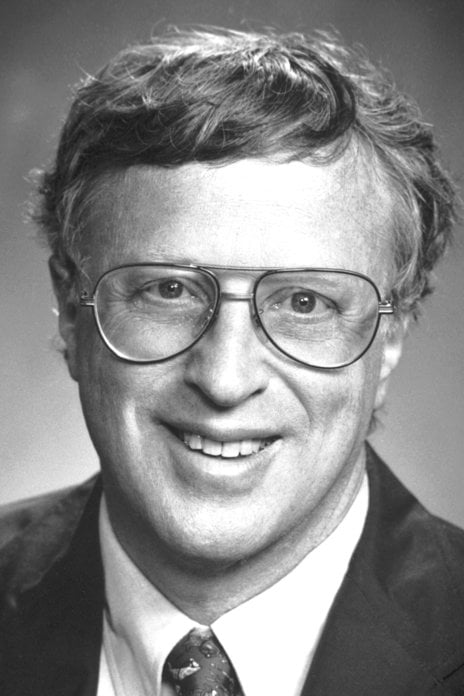#### TL;DR
Akerlof published this paper in 1970. this paper was ...
George A. Akerlof is an American economist who was awarded the Nobe...
A "lemon" is a vehicle that turns out to have several manufacturing...
Gresham's Law is an economic principle that states **bad money driv...
The Von Neumann–Morgenstern utility theorem
is framework in econom...
> ***"The presence of people in the market who are willing to offer...
Dishonesty doesn't just hurt the person who gets cheated - it harms...
> ***"The middleman who tries to arbitrage between the rates of the...
George A. Akerlof is an American economist who was awarded the Nobel Prize in Economic Sciences in 2001 for his work on asymmetric information.
Learn more here:
- [The Nobel Prize - George A. Akerlof Facts](https://www.nobelprize.org/prizes/economic-sciences/2001/akerlof/facts/)
- [George A. Akerlof](https://en.wikipedia.org/wiki/George_Akerlof)

A "lemon" is a vehicle that turns out to have several manufacturing issues affecting its safety, value or utility.
Dishonesty doesn't just hurt the person who gets cheated - it harms the entire market. When people lose trust in the market because of dishonesty, they stop buying goods and services. This problem is especially severe in underdeveloped countries.
The Von Neumann–Morgenstern utility theorem
is framework in economics and game theory for understanding how rational individuals make decisions under uncertainty.
Neumann-Morgenstern maximizers make decisions by weighing the potential outcomes of their choices and pick the one that gives them the most expected value.
Learn more here: [Von Neumann–Morgenstern utility theorem](https://en.wikipedia.org/wiki/Von_Neumann%E2%80%93Morgenstern_utility_theorem)
> ***"The presence of people in the market who are willing to offer inferior goods tends to drive the market out of existence."***
The presence of sellers offering inferior goods can lead to a downward spiral where high-quality goods disappear. This can eventually drive the market out of existence due to loss of buyer trust and participation.
Gresham's Law is an economic principle that states **bad money drives out good money.** This means that if two forms of money are in circulation and both are accepted as having similar face value, the money with lower intrinsic value (bad money) will be used more frequently, while the money with higher intrinsic value (good money) will be hoarded.
> ***"The middleman who tries to arbitrage between the rates of the moneylender and the central bank is apt to attract all the "lemons" and thereby make a loss."***
Nit: point#3 "narket failures" should probably be "market failures"
#### TL;DR
Akerlof published this paper in 1970. this paper was foundational in the field of economics because it introduced the concept of "asymmetric information" in markets.
The main topics covered
- The paper introduces the concept of **asymmetric information** where sellers know more about the quality of a product than buyers, leading to market inefficiencies.
- The author describes how the presence of low-quality products (lemons) drives high-quality products out of the market.
- This paper presents other narket failures due to information asymmetry such as insurance and healthcare.
- The author suggests mechanisms like warranties, brand reputation, and government regulation to address the problems caused by asymmetric information and improve market outcomes.
The concept presented in this paper changed our understanding of how markets operate when buyers and sellers have different levels of information.